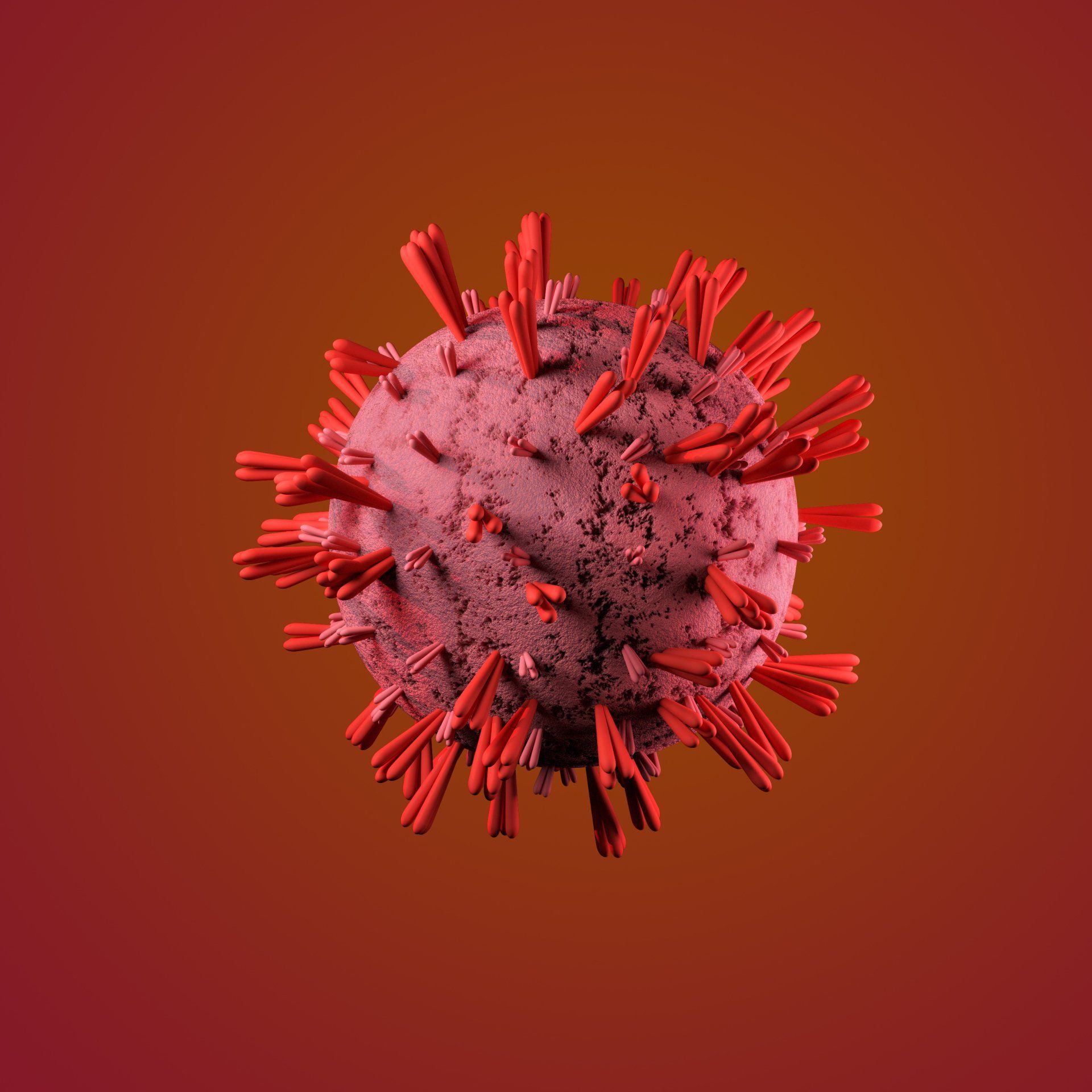Gut Health 101: Understanding the Microbiome and Its Impact on Your Well-being
Gut health is crucial for overall well-being. Many people overlook the importance of their digestive system, but maintaining a healthy gut can improve their mood, boost their immune systems, and enhance their overall health.
The gut microbiome refers to the trillions of microorganisms in your digestive tract. These tiny organisms play a vital role in digestion, nutrient absorption, and protecting against harmful bacteria. They also communicate with your brain, influencing mental health and mood. Understanding and supporting your gut microbiome can lead to significant health benefits.
This blog will explore the microbiome, its importance, and how to support a healthy gut. Making informed choices can improve your digestive health and overall quality of life.
What is the Gut Microbiome?
The gut microbiome is a complex community of microorganisms in your digestive tract. This community includes bacteria, fungi, viruses, and other microbes. Together, they play essential roles in maintaining your health, which is also why it's important to schedule a
gut health assessment regularly.
Bacteria make up the most significant portion of the gut microbiome. They aid in digesting food, producing vitamins, and fighting harmful pathogens. Fungi and viruses also contribute to this ecosystem, each uniquely supporting your digestive health.
Diversity within the microbiome is crucial. A varied community of microbes ensures better resilience and adaptability to changes, helping your gut function optimally. When your microbiome is diverse, it can more effectively process different types of food, protect against illness, and maintain a balanced internal environment.
Understanding the components and importance of the gut microbiome helps you appreciate why maintaining gut health is vital to overall well-being.
The Role of the Gut Microbiome in Digestion
The
gut microbiome plays a crucial role in digestion. It helps break down food that your stomach and intestines can't process alone. This breakdown allows your body to extract more nutrients from what you eat.
Once food is broken down, nutrient absorption takes place. The microbiome aids this process by producing enzymes that help transport nutrients through the gut lining into the bloodstream. This efficient absorption ensures that your body gets the vitamins, minerals, and other nutrients it needs to function correctly.
Additionally, the microbiome synthesizes essential vitamins like B12, K, and some B-complex vitamins. These vitamins are crucial for energy production, blood clotting, and brain function. The gut microbiome contributes to overall health and well-being by supporting these processes.
Understanding these roles highlights why a healthy gut microbiome is vital for maintaining a balanced and nutritious diet.
Gut Health and Immune System
Your gut and immune system are closely connected. The gut microbiome plays a crucial role in supporting your immune function. It helps your body distinguish between harmful pathogens and beneficial microbes, ensuring a balanced immune response.
A healthy microbiome strengthens your immune system by producing anti-inflammatory compounds and supporting the development of immune cells. These beneficial microbes create a barrier that prevents harmful bacteria from entering your bloodstream. They also help modulate immune responses, reducing the risk of autoimmune diseases.
Conversely, a compromised microbiome can weaken your immunity. Factors like poor diet, stress, and antibiotics can disrupt the balance of your gut flora. This imbalance can increase susceptibility to infections, inflammation, and chronic illnesses.
Understanding the link between
gut health and immunity highlights the importance of maintaining a balanced microbiome for overall health and disease prevention.
The Gut-Brain Axis
The gut-brain axis is like a communication highway between the gut and brain. It's a fascinating connection that influences not only digestion but also mental health.
When your gut is healthy, it sends positive signals to your brain, promoting happiness and well-being. But when your gut is out of balance, it can send distress signals that affect your mood, leading to feelings of anxiety or depression.
Studies have shown that the bacteria in your gut can produce neurotransmitters like serotonin and dopamine, which are key players in regulating mood. So, by nurturing your gut health, you're also supporting your mental health.
For example, one study found that probiotics can reduce symptoms of depression and anxiety. Another study showed that people with irritable bowel syndrome (IBS) often experience psychological distress, highlighting the strong connection between gut health and mental well-being.
Understanding this connection underscores the importance of maintaining a healthy gut for a happier mind.
Factors Affecting Gut Health
Various factors, influence your gut health including diet, lifestyle, and medication use,
Diet and Nutrition: Eating a diet rich in fiber, found in fruits, vegetables, and whole grains, is essential for gut health—fiber fuels the beneficial bacteria in your gut, promoting their growth and diversity. Fermented foods like yogurt, kimchi, and kefir contain probiotics, which help maintain a healthy balance of gut bacteria.
Lifestyle Factors: Stress, lack of sleep, and sedentary behavior can negatively impact gut health. Chronic stress can disrupt the balance of gut bacteria, leading to digestive issues. Quality sleep and regular exercise support a healthy gut by reducing inflammation and promoting proper digestion.
Use of Antibiotics: Antibiotics can save lives by fighting infections, but they can also disrupt the balance of bacteria in your gut. Overusing or misusing antibiotics can decrease beneficial bacteria, increasing the risk of digestive problems and antibiotic-resistant infections.
Being mindful of these factors and making conscious choices to support gut health can help maintain a balanced and thriving microbiome.
Common Signs of an Unhealthy Gut
Recognizing the signs of an unhealthy gut is essential for maintaining overall health and well-being.
Symptoms to Look Out For Digestive issues like bloating, gas, constipation, or diarrhea are common indicators of gut health problems. But it doesn't stop there. Fatigue, especially after meals, can signal that your gut isn't effectively absorbing nutrients. Skin problems like acne, eczema, or rosacea may also stem from an imbalance in gut bacteria. This is also one of the common reasons why patients undergo a gut health check.
How These Symptoms Indicate Gut Health Issues: Your gut is like a second brain, constantly communicating with your body. These signals can manifest as physical symptoms when it's out of balance. Digestive issues suggest that your gut isn't processing food correctly. Fatigue indicates nutrient deficiencies, while skin problems may result from inflammation or poor detoxification processes.
By paying attention to these signs, you can take proactive steps to improve your gut health and overall quality of life.
Tips for Maintaining a Healthy Gut Microbiome
Ensuring a healthy gut microbiome supports your overall health and well-being. Here are some practical tips to help you maintain a balanced and thriving gut:
Dietary Recommendations: Incorporate probiotic-rich foods like yogurt, kefir, sauerkraut, and kimchi into your diet to introduce beneficial bacteria. Prebiotic foods such as garlic, onions, bananas, and whole grains provide the fiber that nourishes these good bacteria. Aim for a balanced diet rich in fruits, vegetables, whole grains, lean proteins, and healthy fats to provide essential nutrients for your gut microbes.
Lifestyle Changes: Manage stress through relaxation techniques like meditation, yoga, or deep breathing exercises. Prioritize quality sleep to allow your body time to rest and repair. Regular exercise also supports a healthy gut by promoting circulation and reducing inflammation.
Importance of Avoiding Unnecessary Antibiotics: Only take antibiotics when prescribed by a healthcare professional for bacterial infections. Avoid unnecessary antibiotics for viral infections or minor ailments, as they can disrupt your gut microbiome and lead to long-term imbalances.
Incorporating these tips into your daily routine can nurture a diverse and resilient gut microbiome, supporting your overall health and vitality.
Conclusion
To wrap up, the gut microbiome holds immense importance for our overall health and well-being. It acts as a powerhouse, influencing digestion, immunity, and mood. Prioritizing gut health is not just a trend but a vital aspect of a healthy lifestyle.
We urge you to prioritize gut health in your wellness journey. Start by incorporating the dietary and lifestyle tips discussed into your daily routine. Small changes can significantly improve your gut health and overall vitality.
For those seeking additional support and guidance, NP Health offers specialized services tailored to promote gut health. Our team of experts is here to help you achieve optimal gut health and live your best life.
Take the first step towards a healthier gut today and unlock the benefits of a balanced microbiome with NP Health.












